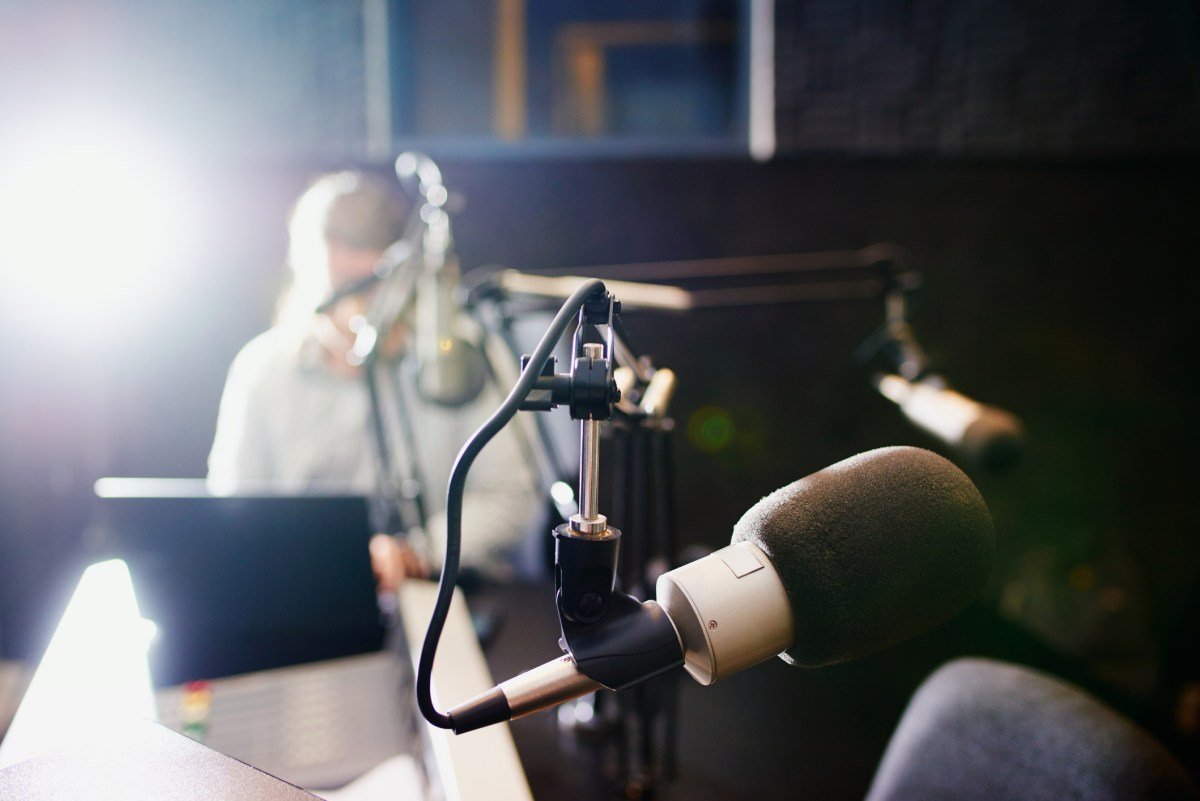In the world of audio engineering, nothing is more frustrating than dealing with noisy recordings of interviews and speeches. However, a German startup is offering a unique solution with their new technology that combines generative AI and sound acoustics to enhance the clarity of voices in video.
Today, AI-coustics has emerged from stealth mode with a funding of €1.9 million. According to co-founder and CEO Fabian Seipel, their technology goes beyond traditional noise suppression to work seamlessly with any device and speaker.
“Our main goal is to ensure that every digital interaction, whether it’s a conference call, consumer device, or casual social media video, has the same level of clarity as a professional studio broadcast.”
Seipel, who has a background in audio engineering, joined forces with Corvin Jaedicke, a machine learning lecturer at the Technical University of Berlin, to co-found AI-coustics in 2021. The duo shared a common frustration with the poor audio quality in online courses and tutorials they encountered while studying audiotechnology at TU Berlin.
“We have a personal mission to overcome the persistent issue of low-quality audio in digital communications,” Seipel explained. “Even though my hearing is slightly impaired from my early twenties in music production, I have always struggled with online lectures and content. This led us to focus on speech quality and intelligibility from the beginning.”
While the market for AI-powered noise suppression and voice enhancement software is already robust, AI-coustics stands out with its unique approach to developing AI mechanisms for noise reduction. They use a specialized model trained on speech samples recorded in their studio in Berlin, the startup’s home city. People are even paid to contribute recordings to the dataset, which allows AI-coustics’ model to continually evolve and improve.
“We have developed a one-of-a-kind method for simulating audio artifacts and problems such as noise, reverberation, and compression through the training process,” Seipel shared.
However, there may be some concerns about the compensation scheme for the creators of these training samples, as they may not see additional profits if the model becomes lucrative in the future. There is also the issue of bias, as speech recognition algorithms can develop biases that may harm certain users. In response, AI-coustics is actively recruiting diverse speech sample contributors and constantly focusing on eliminating bias in their technology.
One aspect of AI-coustics’ platform is its ability to enhance speech in real-time as well as recorded. Their goal is to potentially integrate their technology into devices such as soundbars, smartphones, and headphones to automatically improve voice clarity. Currently, AI-coustics offers a web app and API for post-processing audio and video recordings, as well as an SDK that can be incorporated into existing workflows, apps, and hardware.
Seipel revealed that the company already has five enterprise customers and 20,000 users, with plans to expand their team and improve their speech-enhancing model in the upcoming months. They are funded by Connect Ventures, Inovia Capital, FOV Ventures, and Ableton CFO Jan Bohl.
As a test, three video clips were uploaded to AI-coustics’ platform – an interview with an 18th century farmer, a driving demo, and a protest in Israel-Palestine – to see how well the technology could improve the clarity of voices. And indeed, AI-coustics delivered on their promise, as the processed clips had significantly less background noise, making it easier to understand the speakers.
Seipel envisions AI-coustics being used in a variety of applications, from real-time speech enhancement to automated post-processing in content creation and broadcast industries. He also highlighted the potential for AI-coustics to save time and money by automating tasks that currently fall to human audio engineers.
“Speech quality and intelligibility remain a frustrating problem in almost every consumer or professional device, as well as in content production or consumption. Our technology has the potential to benefit any application that involves recording, processing, or transmitting speech,” Seipel concluded.
The current funding has allowed AI-coustics to grow their team and receive guidance from a network of investors and mentors in Germany and the UK. With a strong technology foundation and the flexibility to adapt to different markets and needs, AI-coustics is ready to revolutionize the world of audio mastering.








